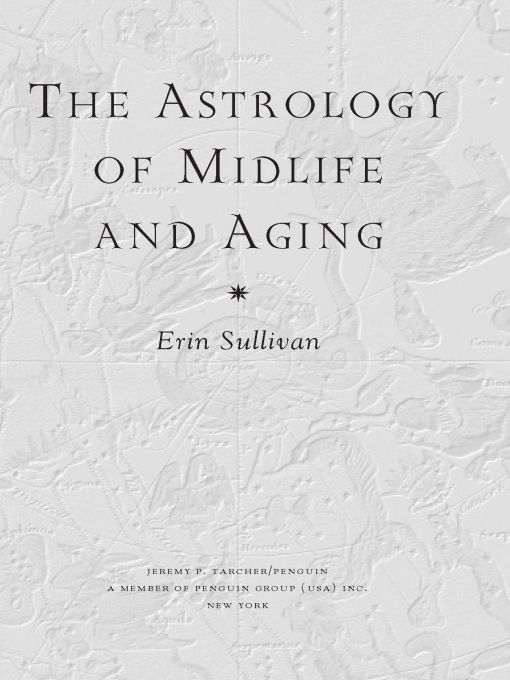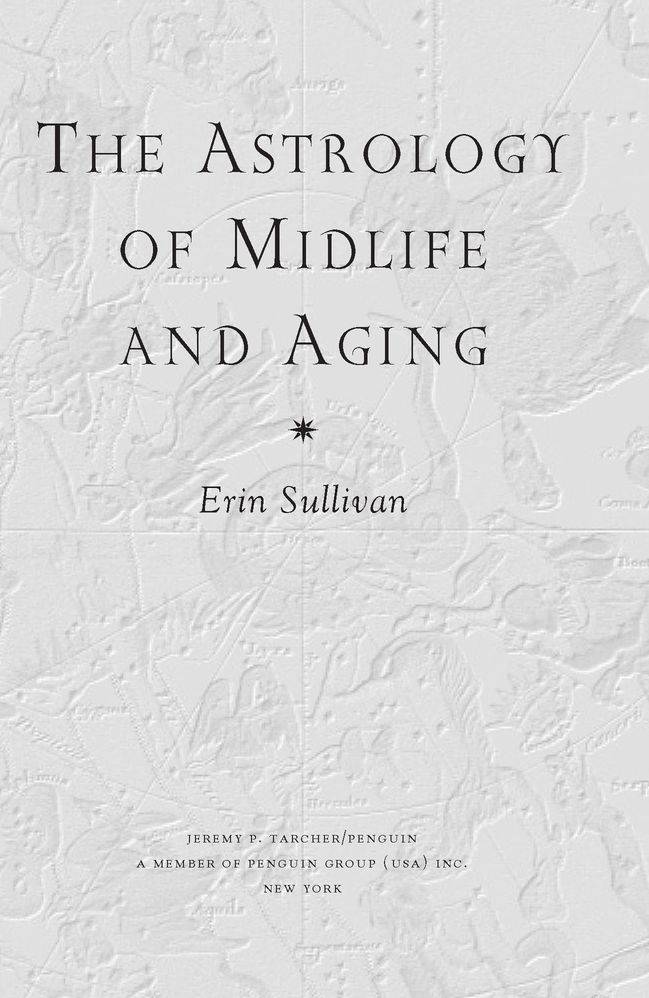Table of Contents
OTHER BOOKS BY THE AUTHOR
Saturn in Transit: Boundaries of Mind, Body, and Soul
Retrograde Planets: Traversing the Inner Landscape
The Astrology of Family Dynamics
Venus and Jupiter: Bridging the Ideal and the Real
Where in the World: Astro*Carto*Graphy and Relocation
To my grandson,
Sascha,
and my granddaughters,
Sienna and Brooklynn,
in whom the mystery of the future resides.
INTRODUCTION
THE GREAT JOURNEY OF LIFE
MEDITATION 17
No man is an Iland, intire of itselfe;
every man is a peece of the continent, a part of the maine;
if a Clod bee washed away by the Sea, Europe is the lesse
as well as if a Promontorie were,
as well as if a Mannor of they friends, or of thine owne were;
Any Mans death diminishes me,
because I am involved in Mankinde;
And therefore never send to know for whom the bell tolls;
It tolls for thee.
JOHN DONNE
THE CIRCLE OF HUMANITY
We might look back over eons and recognize our own personal self-development. Just as we emerge from the womb, into our infancy, through our developmental years, past adolescence, into our twenties, the Saturn return, the thirties, and the midlife transition, to maturity in the fifties and second Saturn-return phase and on into aging, so does the collective culture emerge and develop.
If we view life as a cycle, or a spiraling sequence of cycles, or a continuum, rather than a linear experience, then the relationship between the individual and the collective becomes quite intimate. Just as a culture evolves, so does an individual. From embryototal psychic participation with the environmentto birth and through the initial stages of individuation into full ego, or awareness of self, and then the subsequent developmental periods, our phases are remarkably parallel to how we appear to have evolved as a collective world-humanity.
For a book on midlife and aging in our times and for times to come, it is important to draw on some history. Gaining a big-picture outlook helps us gain greater perspective on lifes journey. Life is not necessarily, as the philosopher Hobbes said, nasty, brutish and short, though certainly for those who are in areas of plague, war, drought, and other dire collective conditions, it is just that. For those who are not fated to endure the most horrible aspects of human existence as a lifestyle, it is incumbent upon them to find meaning and bring that meaning to their lives. In that way, through each persons individual consciousness, the collective consciousness evolves and is enhanced.
When we are undergoing significant rites of passage, and deeply immersed in our personal subjective world, it is difficult to perceive anything else. If this introspection leads to a greater understanding of the human condition, then it is a good thing. If it simply encourages spiralling into the depths of despair, this is not a good thing. Ultimately, there is nothing that can happen to any one of us that cannot happen to another.
The astrology timing used in the book is generic: that is, the cycles of becoming and growing older are seen as being locked into the cycles of the ever-changing but rhythmic solar system. Within that ever-changing system, each planet has a regular, predictable cycle of return. The turning points in life are cyclic and ritualistic; if we treat them respectfully, and make the most of the times in which we find ourselves, then we are evolving. Even if it feels difficult and harsh, as long as there is movement and consciousness, it will be right for the times. How our lives as individuals evolve foreshadows how future individuals lives will evolve. So making it through midlife, into elder status, and thence to old age is for each of us a personal journey, but it is also taken on behalf of our future generations and with the guidance of our ancestors.
Losing touch with our roots, the loss of a sacred foundation based in nature, the disparaging of our ancestors, the decline of emphasis on the family-of-origin as a safe place, and the loss of place for the aging and elder populationall these things are a concern because they are all links to the soul of humanity. To approach aging with a sense of honor and purpose means perceiving it as such: an honorable and purposeful task, one that is not over until it is over. There are many stories of successful aging, and because of that, it is important for us to hear them. You do not need to go to lectures or read books on it, but you do need to listen to your own elders in a way that is appropriate to their status as a person.
Historically, it seems that there was a time when we lived with our dead and the not yet born. I am not glamorizing the past nor projecting that it was betterbut I am saying there are attributes from the past that are appropriate to carry over into new cultural growth; so, as a culture, we need to work toward reinstating our lives as an important and sacred journey.
Every generation bemoans the wreck of the next. And each new generation has to reject, in part, the previous generation as over. Both of these views are natural, instinctive, and to some degree necessarybut they are the extremes. Ultimately, as with any revolution, some of the past is good to keep, and so is much of the future.
Resisting growth can create a rent in consciousness that virtually destroys ones personal link to ones deepest, inner Self, thus divorcing one from the sacred and divine aspect of life. Certainly we have seen this chasm in cultural development grow increasingly vast, even in the last half century. But this is not new, every age has warned about the terrible things that the new age will bring. And in turn each age as it apexes says it is the best one yet!
To gain a bit of perspective on this recurring phenomenon: even the ancient Greeks worried about it and fretted over the future. Hesiod, a Greek agrarian poet who lived in the eighth century BCE, felt that cutting trees, making canoes, and plying the waters was unnatural and would result in all sorts of abominations against natural law. If only he knewor maybe he did, in diachronous timejust how far his descendants would impose themselves upon natures reserves. So, from writings over 2,700 years ago, we hear the fear of what the future will bring!
Because Hesiod was a farmer, his concerns were environmental and ecological. Both words stem from Greek origins, but they were not used in common language then as they are now. To experience the anxiety of any age past, all we need to do is read the poets, listen to the music, study the art and architecture, and, through this, understand the archetypal images underlying the culture. Concerns over the split between nature and culture are as old as written history, and only now are we really feeling the effects of desacralization and lack of progress emotionally and spiritually. Hesiod described this decline with a myth that posits that human civilization degenerated through five progressive races of man, beginning with a Golden Age of perfection and culminating, ultimately, in the age in which Hesiod found himselfand in which we still live todaythe Iron Age, governed by Mars, god of war.


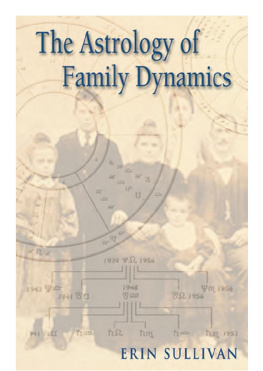
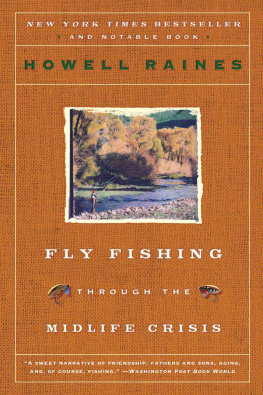
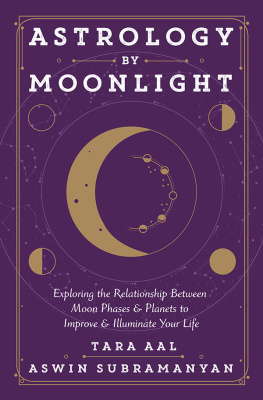
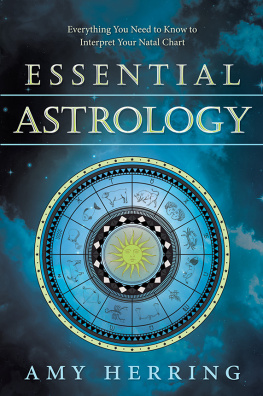
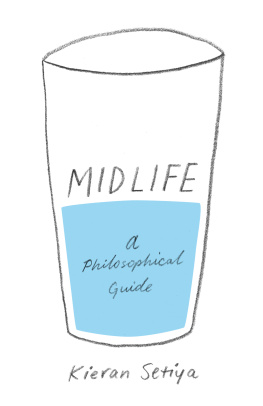
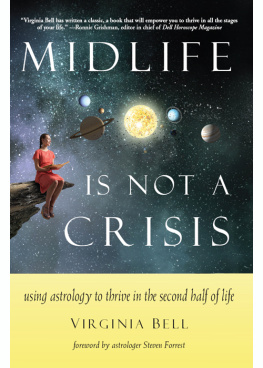
![Kevin B. Burk - Principles of Practical Natal Astrology: Talented Astrologer Training Book 1 [FIXED Layout EPUB]](/uploads/posts/book/156304/thumbs/kevin-b-burk-principles-of-practical-natal.jpg)
